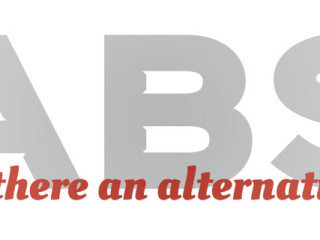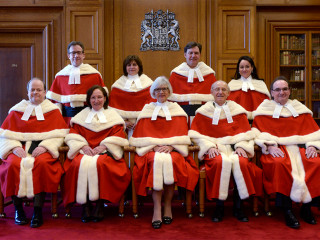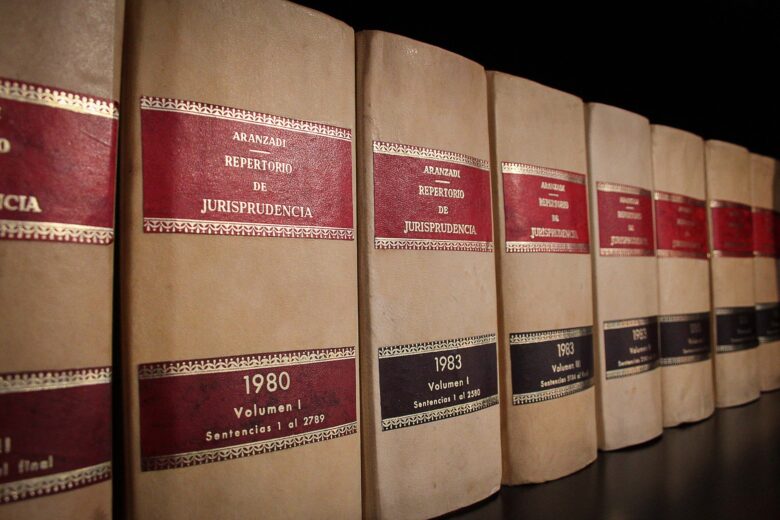Guest Author – Natascha Coverdale
Counsel for the Plaintiff – Michael Giordano of Avanessy Giordano LLP
In Robertson v. Bouclair (2019), the Defendant brought a Motion in this product liability case seeking to commence a Third-Party Claim against the manufacturer nearly two years after the Statement of Claim was issued. The pleadings were issued, and the Examinations for Discovery had already taken place at the time the Motion was brought.
The Plaintiff contested the Motion on the basis that the delay in adding a Third Party was prejudicial. The Plaintiff argued that there was an unnecessary delay since the Defendant ought to have known the nature of the claim when they were given formal notice three years prior to the Motion.
The Defendant argued that the Plaintiff was not prejudiced by the delay as they were still within the two years from the time the Statement of Claim was issued and there were no limitation issues. The Defendant added another reason for delay in issuing a Third-Party Claim was due to learning of the nature of the case as well as the size and scope of the claim. The Defendant argued that they would mitigate the delay by proceeding to Mediation without the Third Party in attendance. The action had not yet been set down and there was no trial or pre-trial date scheduled.
In response, the Plaintiff stated that the nature of the case was apparent through the pleadings and productions. Further, to add a foreign Defendant at the late stage in litigation would cause significant delay. Although the action was not set down, it would delay the ability to have the action scheduled for trial. The Plaintiff was of the position that regardless of whether the Defendant agreed to attend Mediation, the right to attend could not be unilaterally withheld from the Third Party who, after defending, may also want to have the Plaintiff produced for a subsequent Examination for Discovery.
The Court granted leave to bring a Third-Party Claim with the strict conditions proposed by the Plaintiff. The Defendant had to translate, serve and submit the Third-Party Claim to the People’s Republic of China within two weeks of the date of the Motion. The Defendant was also ordered to expedite the proceedings and attend Mediation at their expense.
The Court reasoned that assessing the size and scope of a claim was not a justifiable reason to delay the proceedings. The Court further reasoned the complexity of having to translate, serve and file a Third-Party Claim in another country weighed to prejudice the Plaintiff.
There were no costs awarded.
The Court in this matter only provided a brief Endorsement referring to the oral reasons and granting leave on the terms proposed. Counsel was required to request the oral recording of submissions in order to clarify any discrepancy in their understanding of the terms ordered by the Court.















